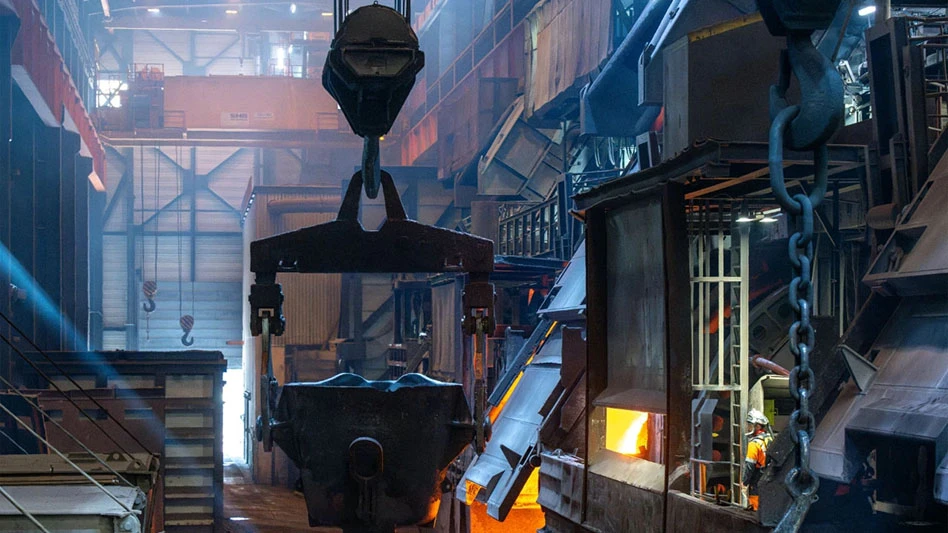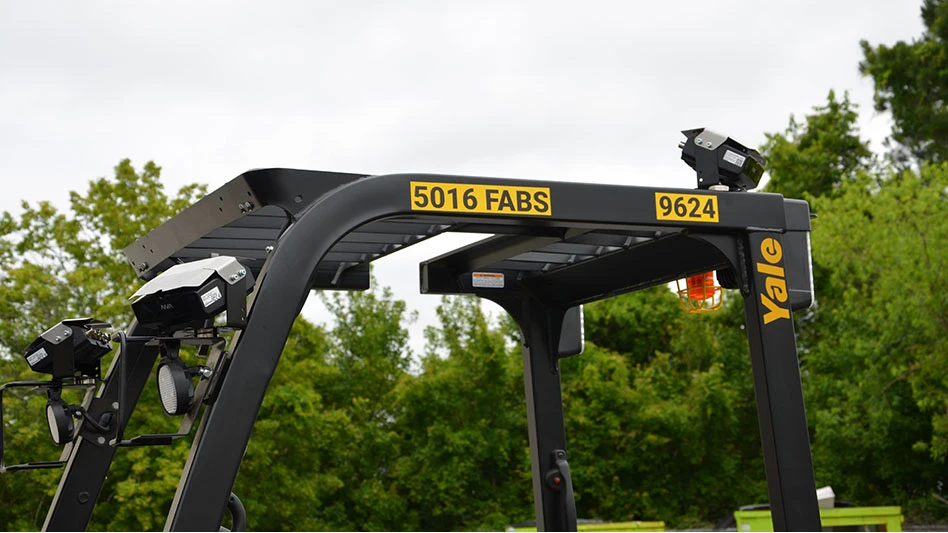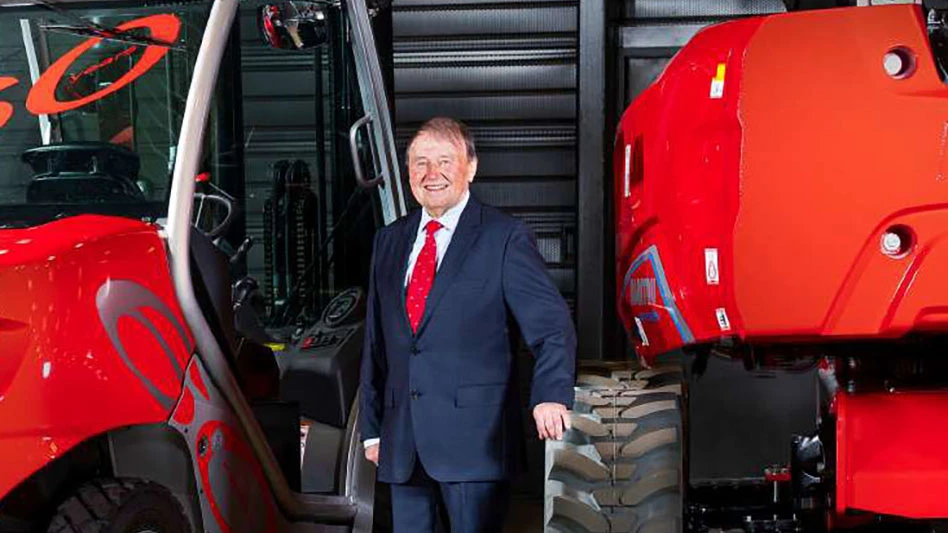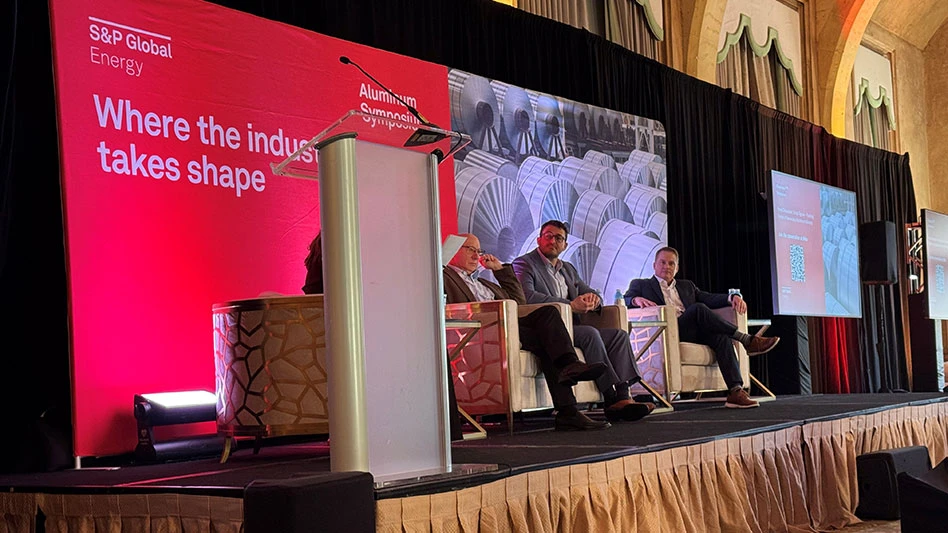
Photo courtesy Clariter
Clariter, a global cleantech company based in Luxembourg, and TotalEnergies Fluids, a division of Paris-based TotalEnergies, have premiered what they’re calling the first sustainable ultra-pure solvent made from plastic scrap.
This technological and industrial success is the fruit of an 18-month collaboration between Clariter and TotalEnergies Fluids.
Daria Frączak, scientific director of Clariter, says Clariter's know-how and experience in plastic upcycling combined with TotalEnergies Fluids' knowledge of industry requirements to develop a process to produce sustainable solvents that meet the highest purity standards. “We are thrilled to have achieved this significant milestone in our journey toward bringing to industry sustainable, high-quality products made from plastic [materials].”
RELATED: Clariter, Count Energy Trading announce supply agreement
The ultra-pure solvents can be used in pharmaceutical, cosmetics and other highly demanding markets that require safe, colorless, odorless and tasteless products that meet the highest pharmacopeia purity criteria.
Clariter says producing these solvents from plastic scrap significantly reduces their environmental footprint and contributes toward addressing the challenge of end-of-life plastics.
“We are offering an alternative obtained from plastic [material],” Frączak says. “This contributes to the circular economy and reduces the dependency on new fossil feedstocks because we can achieve this high quality and purity from feedstocks we already have.”
Clariter leverages its proprietary upcycling technology, called defossilization, which consists of three steps: thermal cracking, hydroprocessing and separation. The material is being processed at a Clariter research and development facility in Gliwice, Poland and an industrial scale plant in East London, South Africa.
Frączak says the process can handle multiple types of plastic scrap, including polyolefins like polyethylene and polypropylene. It also can process polystyrene. The material is sourced from various feedstocks, including municipal solid waste, or from companies such as Royal DSM, an Amsterdam-based manufacturer of nutrition, health and sustainable living products. Royal supplied Clariter with end of life products that include ropes, nets and ballistic materials made with Dyneema, an ultra-high-molecular-weight polyethylene fiber.
The first step is thermal cracking, a form of pyrolysis where Clariter uses elevated temperatures without the presence of oxygen in a reactor to break down long polymer chains into shorter-chain hydrocarbons. This material leaves the reactor in the form of vapors.
“It has some similarities to crude oil [or pyrolysis oil], but there are also differences in the composition [that make it different from these products],” Frączak says of the output material. “So, we call it hydrocarbon mix or product of cracking.”
This product is injected into a hydrotreatment process, which uses hydrogen to purify the stream. The process removes unwanted components such as sulfur-based, nitrogen-based or oxygen-based compounds. It also can remove or separate olefins and aromatics.
Because it is still in the research and development phase, Frączak did not disclose how fast it is.
The process is continuous and transforms plastic scrap into sustainable, high-quality solvents, waxes and oils.
Using its Hydro-De-Aromatization technology, TotalEnergies Fluids further converts the upcycled materials into high-purity solvents that meet the quality levels required for the most stringent applications.
"This new technology opens a broad field of solutions to help our industrial customers decarbonize their industry, and fully integrates within our target of commercializing 30 percent low carbon solvents by 2030,” Didier Ribault, business development director for TotalEnergies Fluids, says in a news release about the development. "This partnership marks yet another step forward in TotalEnergies Fluids' development of a comprehensive range of circular products."
Total Energies Fluids was not available for an interview.
Clariter says it plans to expand its operations in the coming years. Right now, the company has development efforts underway in the Netherlands, Poland and Israel, building and engineering three full-scale plants to process 60,000 tons of postuse plastic annually.
Latest from Recycling Today
- ATI reports slimmer profits
- Papilo acquires Allwood Recycling in UK
- RecycleNation helps people find nearby recycling facilities
- Cyclyx International to be restructured
- Fornnax appoints new sales partner in Germany
- S&P Global Energy Aluminum Symposium 2026: EGA America exec talks about the company’s growth in the US
- EPRC announces European Paper Recycling Awards winner
- Super Bowl LX will implement reusable cup program, AI recycling systems





